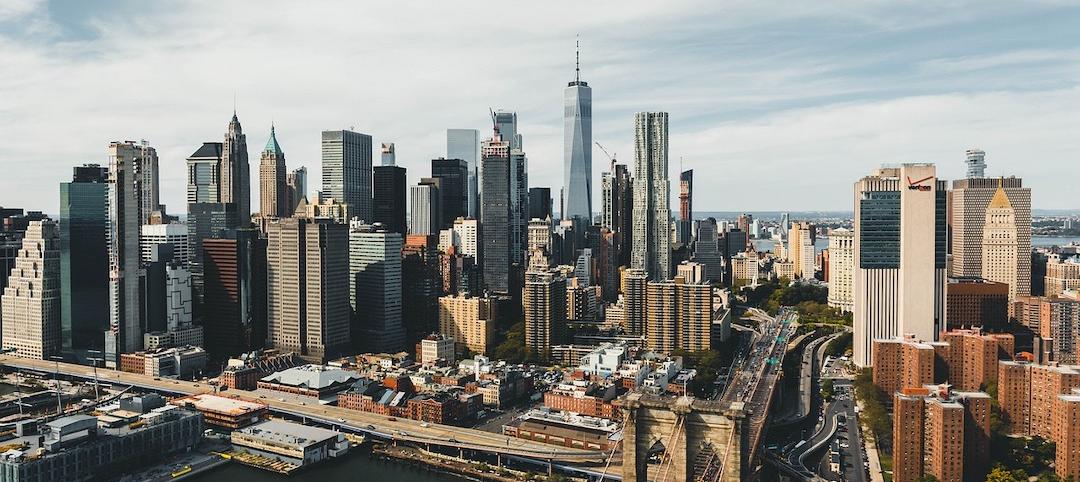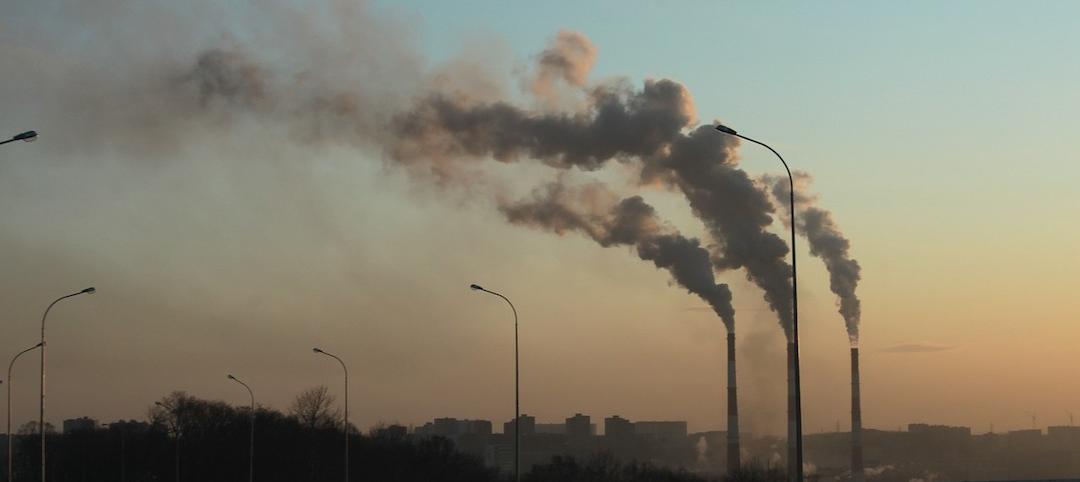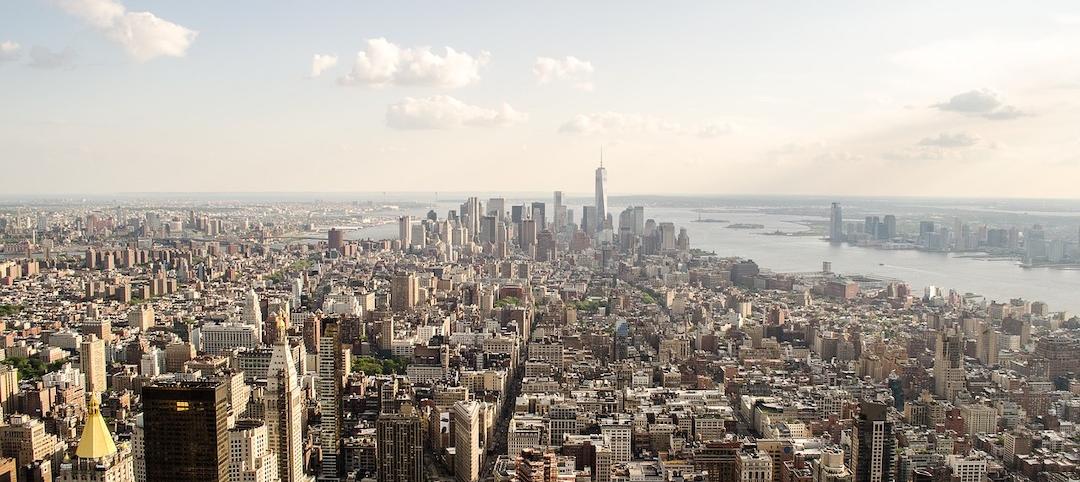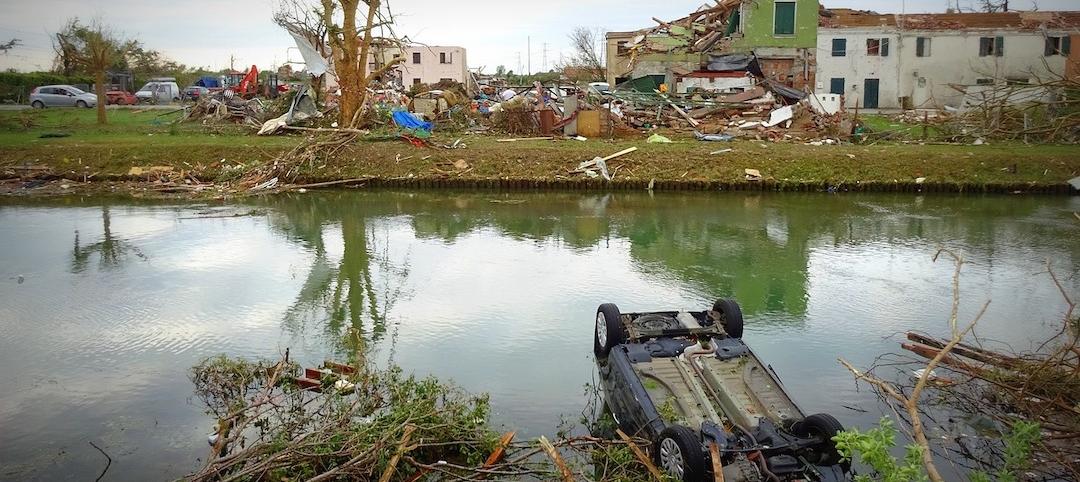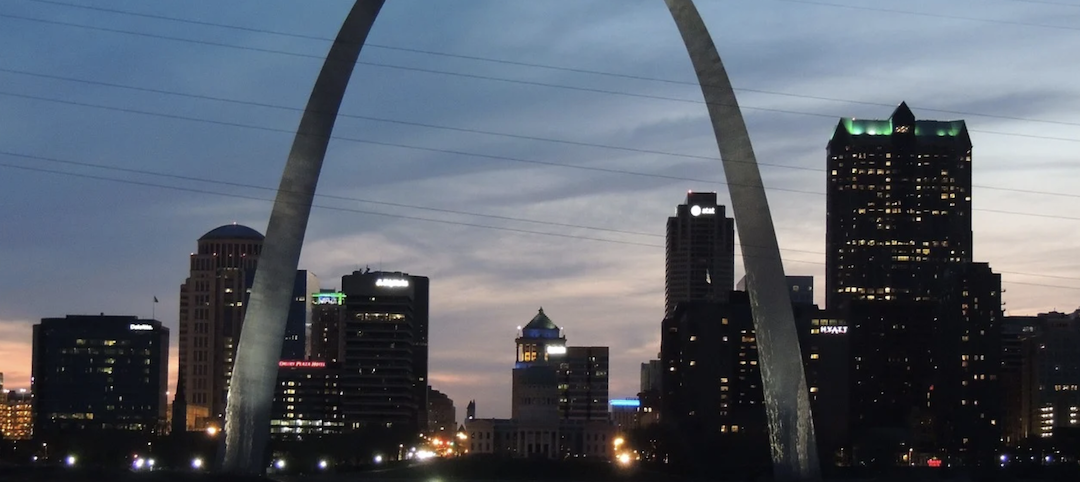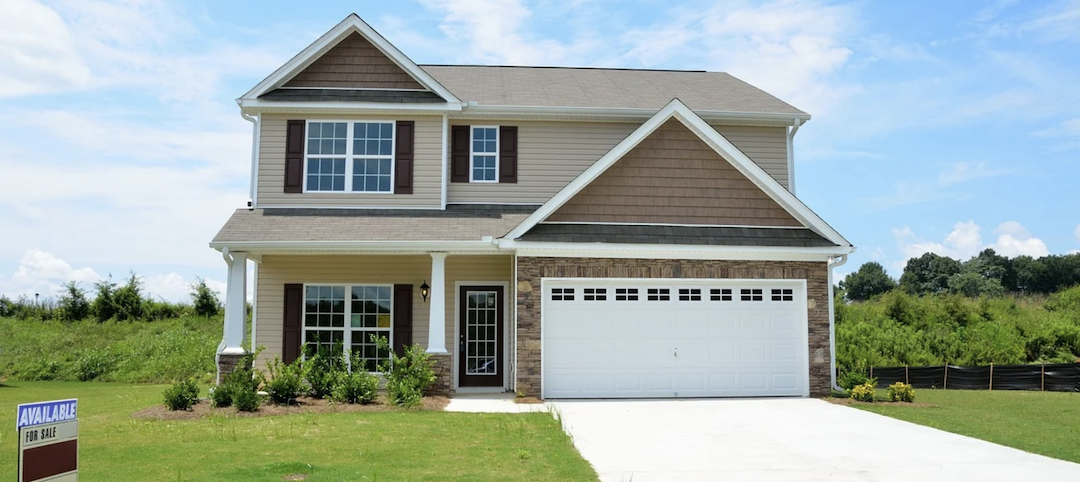The Eugene, Ore., City Council recently passed an ordinance aimed at steeply reducing energy consumption and greenhouse gas emissions. The city of 158,000wants to reduce community-wide greenhouse gas emissions 10% below 1990 levels by 2020, and reduce fossil fuel use by 50% by 2030.
Eugene is developing an energy inventory for its entire economy. After that is completed, it will consider voluntary energy-saving measures in the private sector, such as easier permitting for energy-efficient construction and energy performance scores for commercial buildings. The city will also consider other measures like commercial food-waste composting in restaurants and grocery stores to reduce methane emissions from landfills.
Eugene has made significant progress in reducing emissions recently from transportation without any concerted plan. Transportation emissions have dropped 2.5% per year since 2010, despite some population growth. This is largely due to economic and cultural shifts: the recession, the rise of telecommuting, online shopping and entertainment, transit, biking, more efficient cars, and higher gasoline prices. The city has encouraged these trends by improving bus service and developing a master plan for sidewalk and bike path improvements.
City government has rejected hard caps on emissions to date, focusing instead on voluntary measures and incentives for the private sector.
(http://grist.org/climate-energy/what-can-small-cities-do-to-fight-climate-change/)
Related Stories
Codes and Standards | Jan 4, 2022
Architects at New York firm take steps to unionize
Support for unionization reported at two other New York firms.
Codes and Standards | Jan 3, 2022
Biden’s executive order for a carbon-neutral government includes green materials mandate
As a driver of demand, federal procurement impact could ripple through the economy.
Codes and Standards | Jan 3, 2022
Controversial California solar power incentive proposal would reduce subsidies
Plan intended to encourage customers to install power storage systems.
Codes and Standards | Jan 3, 2022
New York City bans new gas hookups
Applies to gas stoves, boilers, and heaters in new buildings and buildings that undergo gut renovations.
Codes and Standards | Jan 3, 2022
New engineering guide on fire safety for very tall buildings released
Topics include emergency egress, fire resistance, building envelope, suppression, detection, alarms, and smoke control.
Codes and Standards | Dec 22, 2021
Updated ASCE 7-22 standard includes first-ever criteria for tornado-resistant design
New document provides up-to-date, coordinated loading provisions for general structural design.
Codes and Standards | Dec 21, 2021
Outdated and redundant building codes plague St. Louis area development
Region’s combined codes nearly double the length of the IRS Code.
Digital Twin | Dec 20, 2021
Groups ally to advance augmented reality and digital twin technology
AREA and Digital Twin Consortium to work on improving how technology components interoperate.
Codes and Standards | Dec 20, 2021
Tension rises in California over state’s push to build more housing
Attorney general hints at lawsuits against cities that don’t comply with zoning reform.
Codes and Standards | Dec 17, 2021
Tension rises in California over state’s push to build more housing
Attorney general hints at lawsuits against cities that don’t comply with zoning reform.


